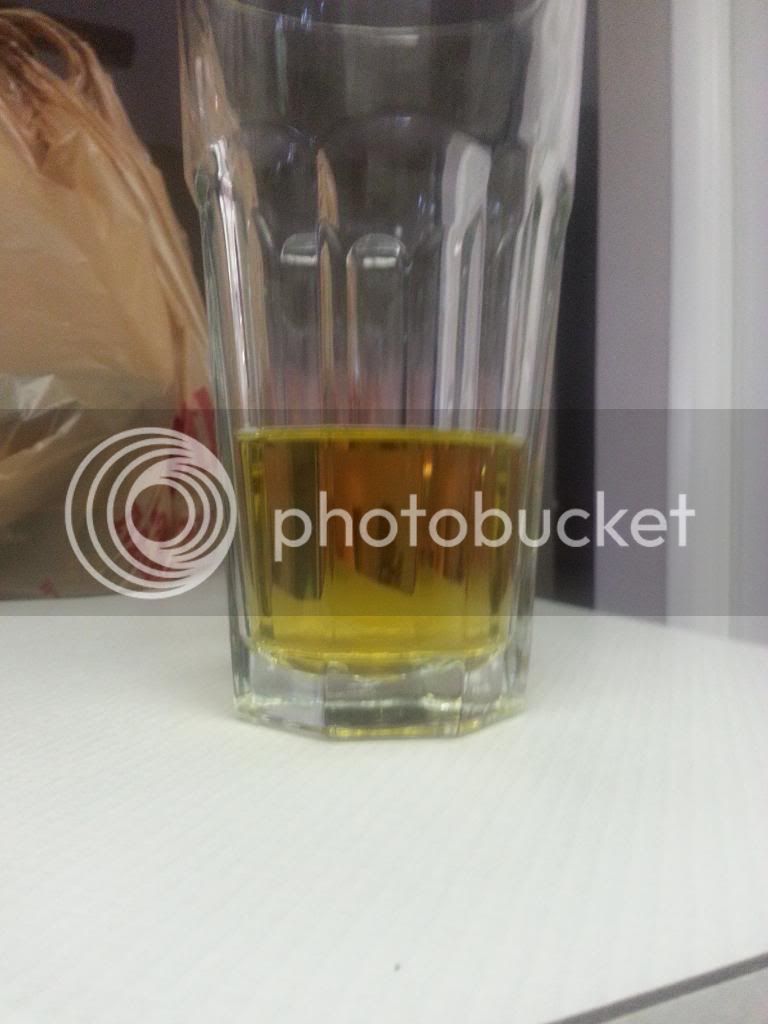This is true. I've never tried to add it to cold cider before. It works just fine with cider at room temperature post fermentation. It does take a full day rather then the typical hour pre-fermentation.
It will also usually cause some additional fermentation as the carbohydrate is broken into fermentable sugar. So, I'd give it another week after adding the enzyme before bottling. Just to be safe.
Pasteurizing will kill the yeast, so the bottles will not explode from over pressurizing. It may be helpful to fill a small plastic soda bottle, and pasteurize the batch when the soda bottle is hard to the touch.
Even refrigerated there is a slow fermentation taking place. It's not a really a problem with kegs as the kegs are usually being used enough to relieve the extra pressure. Kegs can take much more pressure then typical dispensing pressures, and they have mechanisms built in to release pressure if it gets to high.
Yes, but it effectively ruins a sample of the brew.
http://www.monashscientific.com.au/BoilingMethod.htm
If you can tell us exactly what was in it, or put that in a brewing calculator like moscoeb suggested, it should be possible to get pretty close. Most ingredients have fairly consistent properties when you brew with them, so it should be possible to approximate an OG.



































![Craft A Brew - Safale BE-256 Yeast - Fermentis - Belgian Ale Dry Yeast - For Belgian & Strong Ales - Ingredients for Home Brewing - Beer Making Supplies - [3 Pack]](https://m.media-amazon.com/images/I/51bcKEwQmWL._SL500_.jpg)























